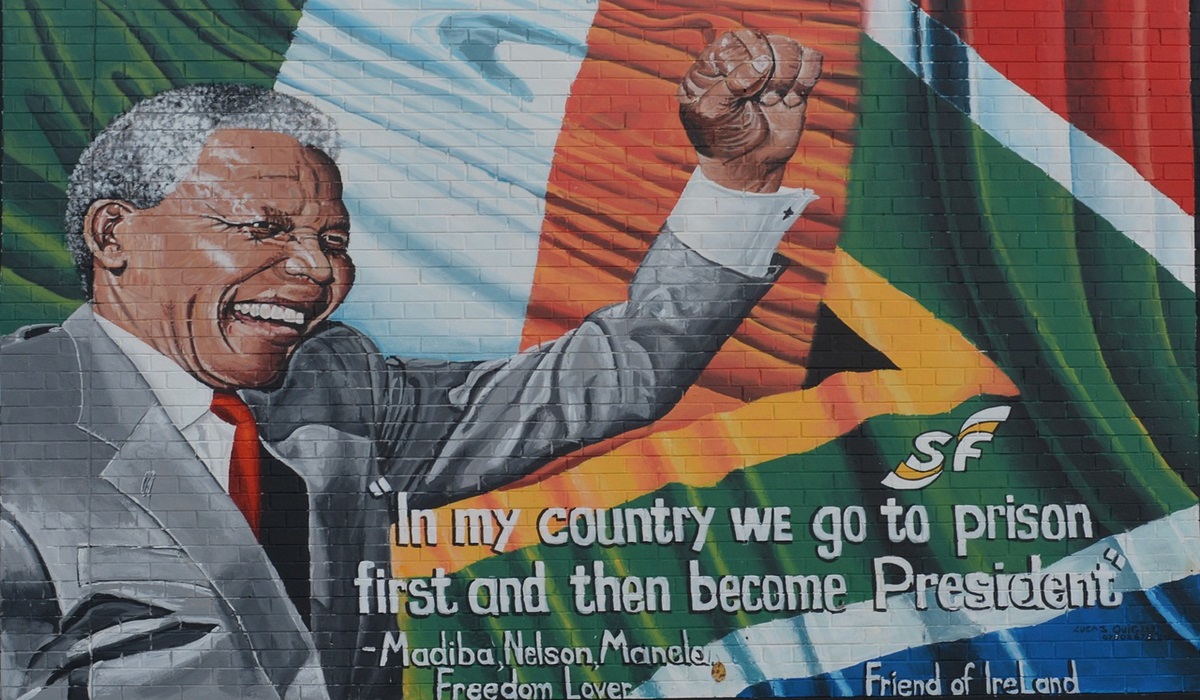In a World at War, Where Are the Leaders With Wisdom Like Nelson Mandela?
- TDS News
- World News
- Trending
- October 21, 2024

Image Credit, Ben Kerckx
Profound wisdom is a quality sorely lacking in today’s geopolitical landscape. The leaders of the so-called first world seem more focused on war than peace, fueling conflict under the guise of promoting regional stability. These are the same hands that stoke the flames of war, supplying arms, ramping up inflammatory rhetoric, manipulating news cycles, and conveniently choosing sides based on race or political convenience.
Nelson Mandela, arguably one of the greatest leaders of all time, once commented on this lack of understanding. In an interview, he said, “One of the mistakes which some political analysts make is to think that their enemies should be our enemies.” Mandela was asked about African leaders whom the West had cast as adversaries. His response revealed a deep wisdom that is tragically absent from those currently pulling the levers of power. His was the voice of reason, the voice that understood the importance of peace and diplomacy, even in the face of seemingly irreconcilable differences.
Today, the decision-makers who control the bombs and the military machinery seem intent on making enemies out of those who may simply desire sovereignty and autonomy. They escalate conflicts, sending weapons to prolong wars while couching these actions in the language of “regional stability.” The reality is far different. These leaders are not peacemakers; they are warmongers, masquerading as protectors of global order.
In this climate, the media often plays a complicit role, painting certain nations as villains, demonizing countries whose only crime may be resistance to foreign domination. These so-called “boogeymen” are often far less dangerous than they are portrayed. In some cases, they may even be the true champions of peace and regional stability, standing in defiance of the imperial ambitions that threaten to engulf their lands in endless conflict.
What we need now are more leaders like Mandela, leaders who understand that diplomacy and dialogue are far more effective tools than bombs and bullets. Until that wisdom prevails, the world is not in a good place. However, there is room for optimism. Many nations, though vilified by the media, seek peace and stability more than the military powers that supply the weapons of war. We must recognize and support these efforts if we are to break free from the cycle of violence that grips our world.
The path to true regional stability is not found in weapons shipments or heated rhetoric but in wisdom and diplomacy—the kind of wisdom that sees enemies not as permanent foes but as potential partners in peace. Until such leadership rises to the forefront, we will continue to live in a world at war.








